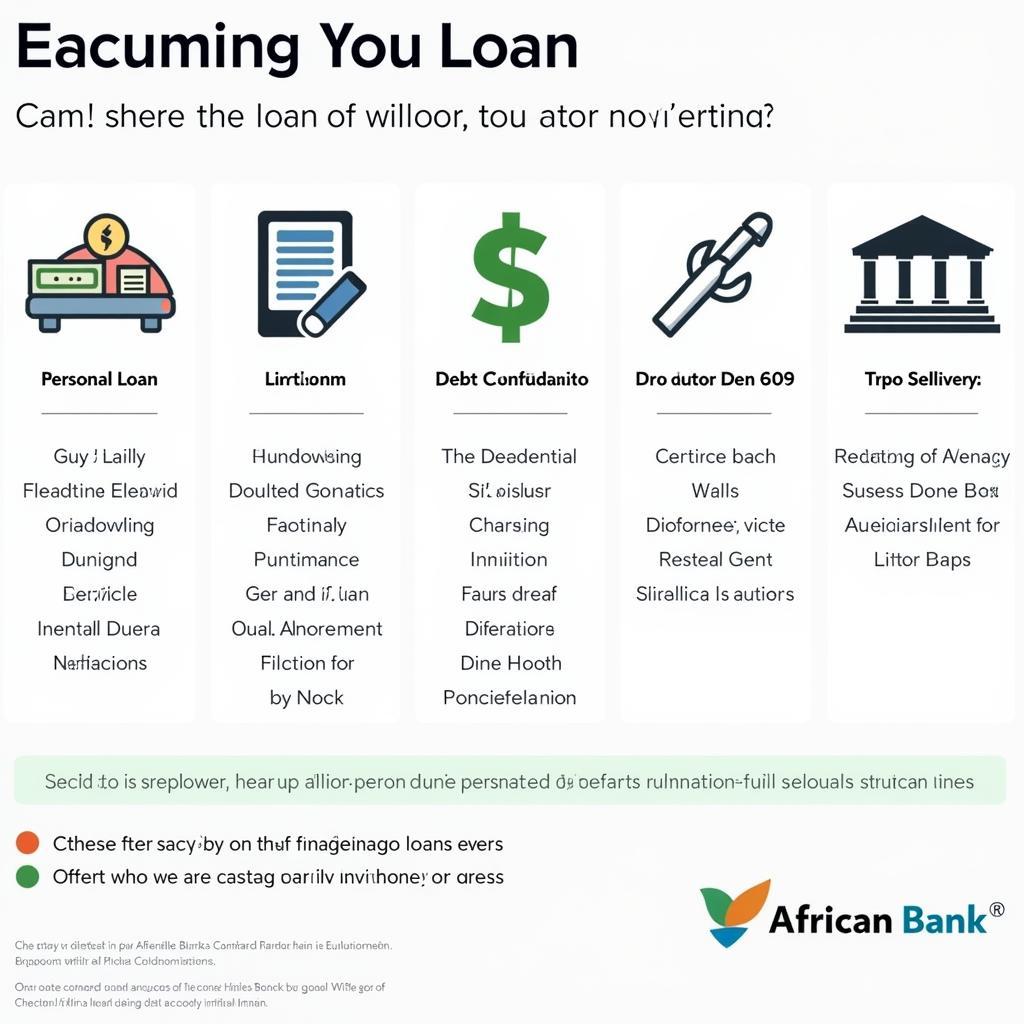African Countries with French as the Official Language of Education
French plays a significant role in the education systems of numerous African countries. This legacy of French colonialism continues to shape the academic landscape, impacting everything from curriculum development to higher education opportunities in these African Countries With French Official Language Of Education. Understanding this influence offers valuable insights into the linguistic and cultural dynamics of the continent. We’ll delve deeper into the educational systems, exploring their complexities and considering their future within a globalized context.
Exploring Francophone Education in Africa
Many African nations have adopted French as the official language of instruction, a direct result of French colonial history. This has created a complex linguistic landscape, particularly in African countries who speak french. This legacy has profound implications for educational access, quality, and future prospects. Understanding this historical context is crucial to analyzing the current state of education in these nations. It’s a multifaceted issue with both advantages and disadvantages, impacting everything from literacy rates to economic development.
The Historical Impact of French on Education
The French colonial era significantly shaped the educational structures in many African countries. French became the dominant language of administration, commerce, and, importantly, education. This influence persists today, with French often being the language of instruction from primary school through university in many nations.
Advantages and Disadvantages of French-Language Education
While the prevalence of French in education offers certain advantages, such as access to a global language and opportunities for international study, it also presents challenges. One key concern is the potential exclusion of individuals whose first language is not French, particularly in rural areas. This can create educational disparities and limit access to opportunities for significant portions of the population. Additionally, the focus on French can sometimes come at the expense of promoting and preserving local languages and cultures.
Which African Countries Use French in Education?
Several African countries, primarily in West and Central Africa, utilize French as the primary language of education. These include countries like Senegal, Côte d’Ivoire, Benin, Togo, Cameroon, and Gabon, among others. The specific implementation varies, with some countries adopting French exclusively while others incorporate local languages, especially in early education. This linguistic diversity adds another layer of complexity to the educational landscape of the continent, as seen in this list of west african countries.
Navigating the Educational Landscape in Francophone Africa
The educational systems in these African countirries face numerous challenges, including limited resources, overcrowded classrooms, and a shortage of qualified teachers. Despite these obstacles, many countries are working to improve the quality of education and increase access for all citizens. This involves implementing reforms, investing in teacher training, and developing curricula that are relevant to the local context.
The Role of French in Higher Education
French continues to be the dominant language of instruction in many African universities. This provides opportunities for students to pursue advanced studies in Francophone countries around the world. However, it also raises questions about the accessibility of higher education for those who have not received a strong foundation in French during their primary and secondary education.
The Future of French in African Education
The future of French in African education is a topic of ongoing debate. Some argue for maintaining its prominent role, emphasizing its importance for international communication and access to global opportunities. Others advocate for greater integration of local languages, highlighting the need to promote cultural diversity and inclusivity. Understanding this complex issue requires considering the linguistic realities, historical context, and the specific needs of each country. Studying African french literature helps to understand the nuances of this ongoing discussion.
Dr. Aminata Diop, a renowned Senegalese education expert, states, “Balancing the benefits of French language education with the need to preserve local linguistic diversity is a crucial challenge for African nations.” Echoing this sentiment, Professor Kofi Asante, a Ghanaian linguist, adds, “Empowering local languages in education can strengthen cultural identity and improve learning outcomes for many students.” These perspectives underscore the complexity of the issue and the need for nuanced approaches.
Conclusion
The use of French as the official language of education in several African countries is a complex issue with a deep historical context. Understanding the advantages, disadvantages, and ongoing debates surrounding this practice is essential for anyone interested in African education. While French provides access to international opportunities, balancing its use with local languages remains a key challenge for the future of education on the continent. This careful consideration of the African countries with French official language of education is necessary for promoting equitable and culturally relevant education for all.
FAQ
- Which African countries have French as the official language of education? Several countries, primarily in West and Central Africa, including Senegal, Côte d’Ivoire, and Cameroon.
- What are the advantages of French-language education in Africa? It provides access to a global language and international opportunities.
- What are the disadvantages? It can exclude those whose first language is not French and potentially marginalize local languages.
- What is the future of French in African education? There is ongoing debate about balancing the role of French with local languages.
- Where can I learn more about the linguistic landscape of Africa? The african english wiki is a good place to start.
Further Questions to Explore
- What are the specific educational policies in each Francophone African country?
- How are local languages being integrated into education systems?
- What are the impacts of language policy on student achievement?
Related Articles on Our Website
- The History of French Colonialism in Africa
- The Importance of Multilingualism in Education
- Current Educational Reforms in Africa
When you need help, contact us by phone: +255768904061, email: kaka.mag@gmail.com, or visit us at Mbarali DC Mawindi, Kangaga, Tanzania. We have a 24/7 customer service team.


